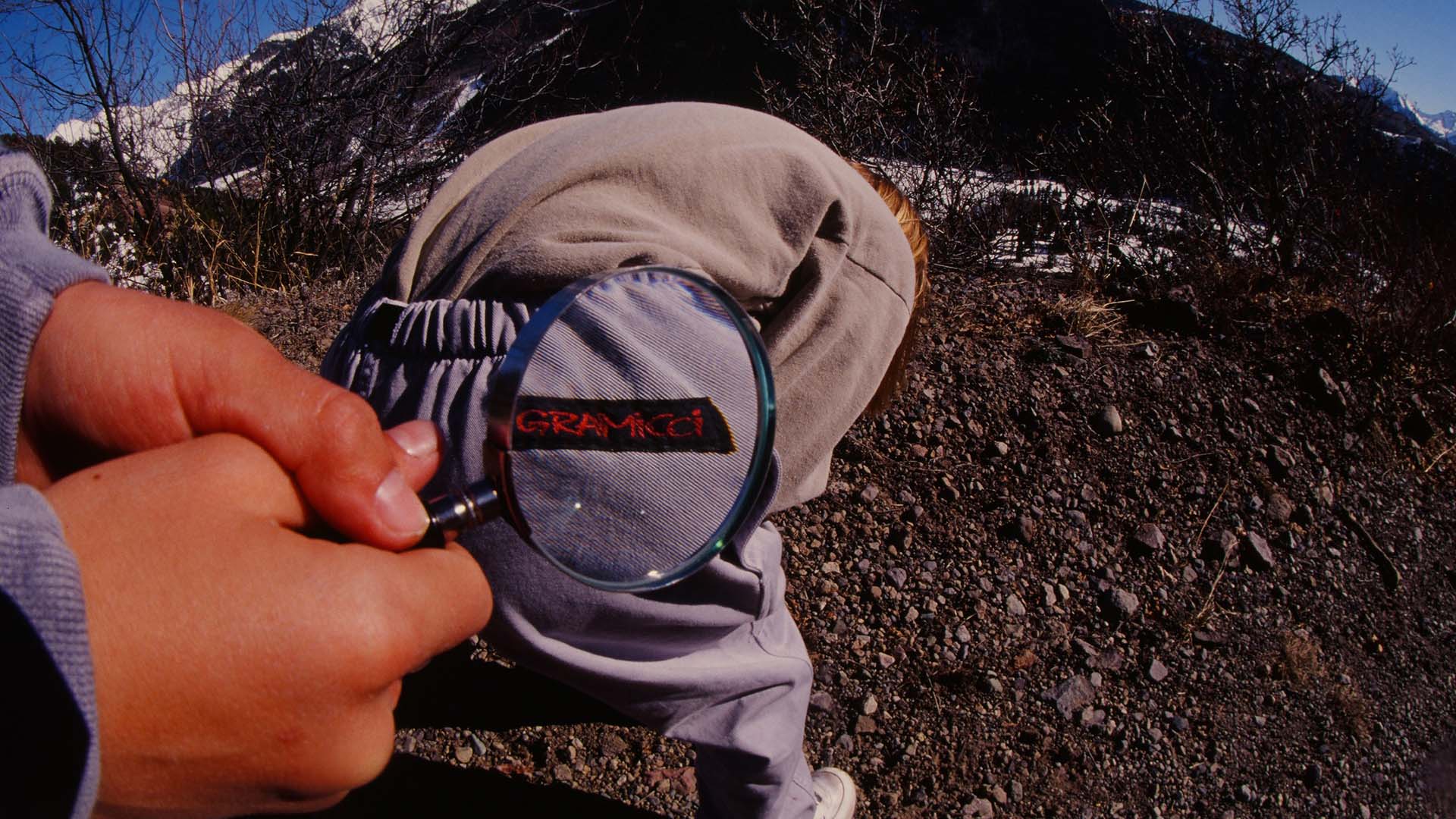Since 1982 Gramicci has been making functional clothing for life in the great outdoors. Built for movement, and loved by countless cultural movements—what started out in a garage in Ventura, California has traveled to the streets of Tokyo and beyond.
It all started in California in the 1970s, when a new generation of free-spirited rock-climbers known as the Stonemasters took residency at Yosemite National Park, pioneering a new way of climbing—with a strong focus on speed and style. These new methods required a new uniform, and whilst painter pants and army surplus gear worked to a point—flexibility was needed. Mike Graham, a Stonemaster with a keen eye for design, set about creating the first true climbing shorts.
A diamond-shaped gusset found on a pair of kung-fu trousers was added to the crotch for full 180 degree flexibility, whilst hard-wearing canvas kept things sturdy when the going got tough. To keep the shorts fully secure, a nylon webbing belt was integrated into the waist. Taking cues from backpack straps, this cunning feature allowed the shorts to be adjusted with one hand, whilst the elasticated waistband kept things comfortable.
In 1982, Gramicci was born—taking its name from a moniker Graham had given himself back when a few of the Stonemasters attempted the first ‘all-Italian’ ascent of Yosemite’s notorious Half-Dome (even though none of them were actually Italian). After the shorts came trousers—and word of these seemingly-indestructible pants—dubbed the G-Pants—soon spread. Their popularity wasn’t limited to rock climbers either, and by the mid-80s a small contingent of surfers and skaters were seeking out these hard-wearing pants with the little hand-drawn ‘running man’ logo.
Gramicci also found favor on the streets of Tokyo—and when time came for Gramicci to find a new home—Japan was the perfect place. Since then, Gramicci has continued to innovate and push new ideas, all the while retaining its original ethos. 40 years since the first pair of Gramicci shorts were sewn together in Mike Graham’s garage, the song remains the same—it’s hard-wearing, functional clothing, designed with movement firmly in mind.

